Top 10 Best-Selling Networking Access Point Brands Of 2014
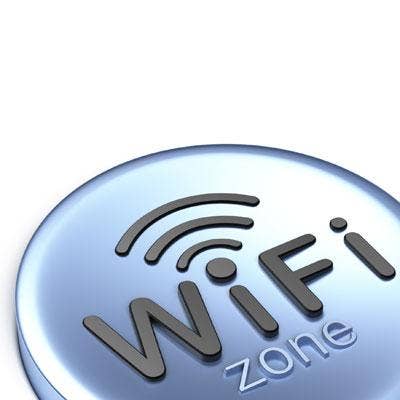
Cisco Leading The Way, Aruba Gaining Traction
As wireless continues to grow through mobile devices and BYOD, new and familiar faces are finding footholds in the lucrative Wi-Fi market.
Cisco Systems continues to lead the way with no close competition in sight, while Aruba Networks saw big gains in 2014, according to data from the NPD Group, a Port Washington, N.Y.-based market research firm that provides data from leading technology distributors.
The following represents the top 10 best-selling networking access point brands of 2014. The data is based on the percentage of switch units shipped from January to December 2014. The NPD Group's DistributorTrack sales database comprises primarily U.S. Global Technology Distribution Council members.
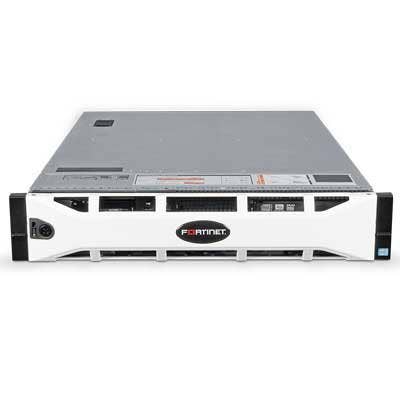
10. Fortinet
The network security company Fortinet took NPD's No. 10 spot on the list of best-selling access point brands in 2014, accounting for 0.7 percent of total AP units sold. The Sunnyvale, Calif.-based company rose slightly from 0.4 percent of units sold in 2013.
Although Fortinet rounded out the top 10 AP brands, 2015 looks bright as the company launched seven new FortiAP wireless LAN access points in January. FortiAP is engineered to deliver retailers, branch offices and distributed enterprises with expansive wireless LAN coverage and increased bandwidth, according to a release by Fortinet.
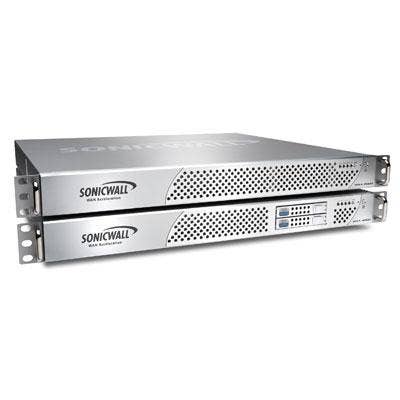
9. SonicWall
The network security company SonicWall, which was acquired by Dell in 2012, came in ninth place, snatching up 0.8 percent of total AP units shipped in 2014. This represents a slight drop for the San Jose, Calif.-based company, from owning 1.1 percent market share in 2013.
SonicPoint's flagship AP line currently offers three different models -- ACe, ACi and N2 -- that integrates with Dell SonicWall firewalls. The company said the series enables the use of bandwidth-intensive mobile apps in higher-density environments without signal degradation.
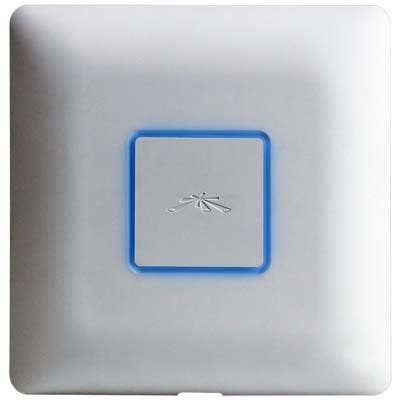
8. Ubiquiti Networks
Ubiquiti Networks failed to make NPD's top 10 AP of 2013, but rose to eighth place in 2014, representing 1.1 percent of total units sold.
In 2013, Ubiquiti rolled out its first 802.11ac access points, UniFi AP, delivering 1,300-Mbps speeds, along with controller software that targeted enterprises. The San Jose, Calif.-based wireless vendor now has three different Wi-Fi 802.11n models of UniFi.
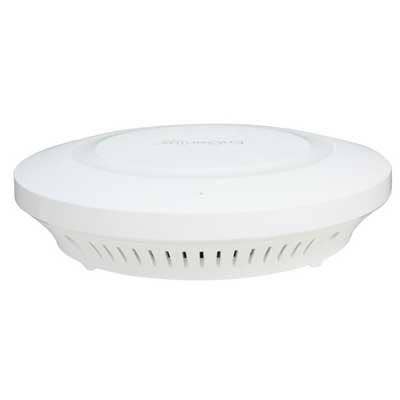
7. EnGenius Technologies
The long-range Wi-Fi specialist EnGenius Technologies took seventh place on NDP's list with approximately 1.5 percent of total units shipped, a small uptick of 0.2 points, still hovering at the same place in 2013, when it took 1.3 percent.
In March 2014, the Costa Mesa, Calif.-based company launched the Neutron Series Wireless Management Solution platform, which included a new line of access points and wireless switches that lets customers deploy, monitor and manage wireless infrastructures.
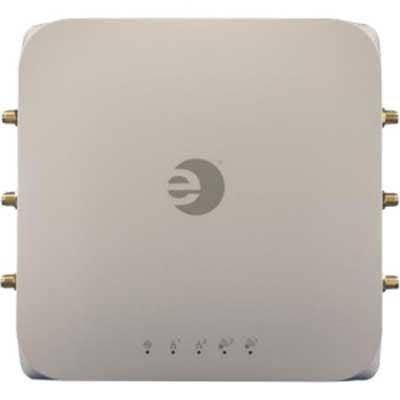
6. Extreme Networks
Extreme Networks dropped slightly to 1.7 percent of total AP units sold in 2014 from 2.2 percent in 2013 -- taking sixth place.
In March, the San Jose, Calif.-based vendor launched a new family of 802.11ac wireless APs, IdentiFi3800, that supports high-density environments. The company is currently targeting its new Extreme Altitude access points for campuswide deployments, distributed work sites and remote branch offices.
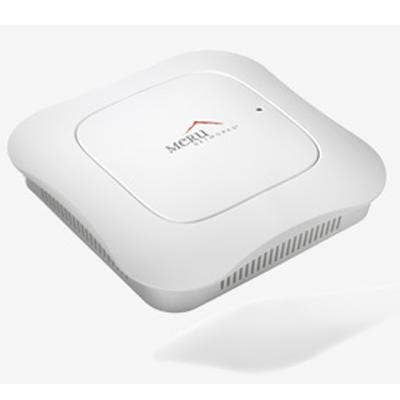
5. Meru Networks
The Sunnyvale, Calif.-based vendor had a solid 2013, with 3.7 percent of the AP units sold thanks to Meru's AP832 access point, which was its first wireless access point that supported the 802.11ac standard.
Other than Cisco, Meru lost the largest AP market share percent -- from owning 3.7 percent in 2013 to dropping to 2.1 percent in 2014 -- a 1.6 percentage point fall. The company tried to make a late push in 2014 by launching a new software platform, offering central point management for wireless access points and applications called Meru Center.
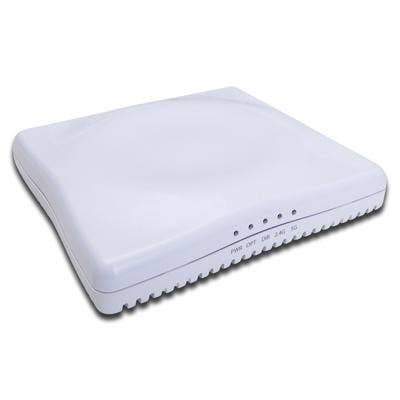
4. Ruckus
Ruckus Wireless didn't place in NDP's top 10 AP brands of 2013, but jumped to fourth place in 2014, obtaining 2.6 percent of the total AP units sold.
In April, Ruckus launched Smart Wi-Fi Access Management Services, which allowed customers to consume Wi-Fi as a subscription-based service model. The service comes with a web-based management portal where customers can remotely monitor and manage all of the company's access points in their environment.
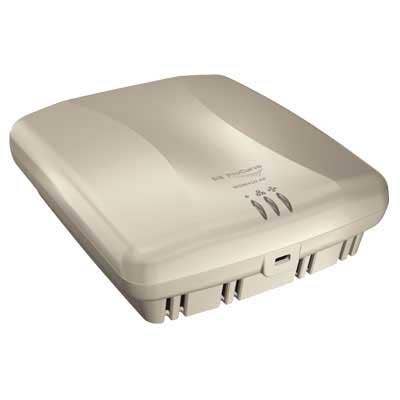
3. Hewlett-Packard
With Cisco and Aruba taking over a combined 75 percent of the total AP units shipped, HP trailed in third place with 3 percent, down from 3.9 percent in 2013.
HP hopes to capitalize on Aruba's success in the AP market by announcing last month its acquisition of the company.
Aruba and HP officially entered into an agreement on Feb. 23 under which HP will acquire Aruba for $3 billion in equity value. Upon the closing, likely to be completed this summer, Aruba will become a subsidiary of HP and will combine with the existing HP networking business with Aruba's mobility solution within HP, led by Aruba CEO Dominic Orr.
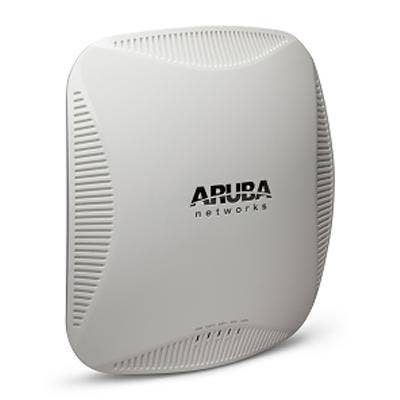
2. Aruba Networks
Aruba Networks saw the largest increase in total AP units sold, improving by 4 points, from 11.5 percent in 2013 to 15.5 percent in 2014.
The Sunnyvale, Calif.-based vendor had the third-highest-selling AP product of 2014 with the Aruba AP-225, part of the company's 220-series. The company touts the series as the highest-performance AP in high-density environments, which can be managed by a mobility controller.
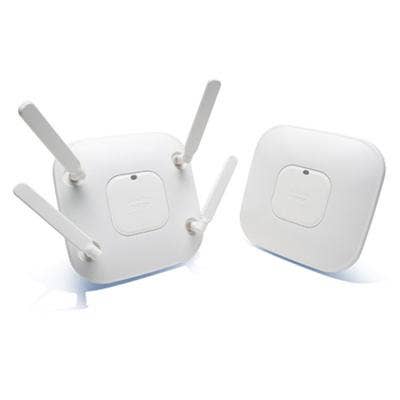
1. Cisco Systems
The San Jose, Calif.-based networking giant is leaps and bounds ahead of all competitors in the access points market, accounting for 59.7 percent of total AP units sold for 2014.
Although the networking giant had the top two best-selling AP models in the Aironet 3702i and the cloud management Meraki MR34, the company held 62.3 percent of the market share in 2013, representing a 2.6 point drop in units shipped.
According to NPD, Cisco owned eight of the top 10 best-selling AP models in 2014.